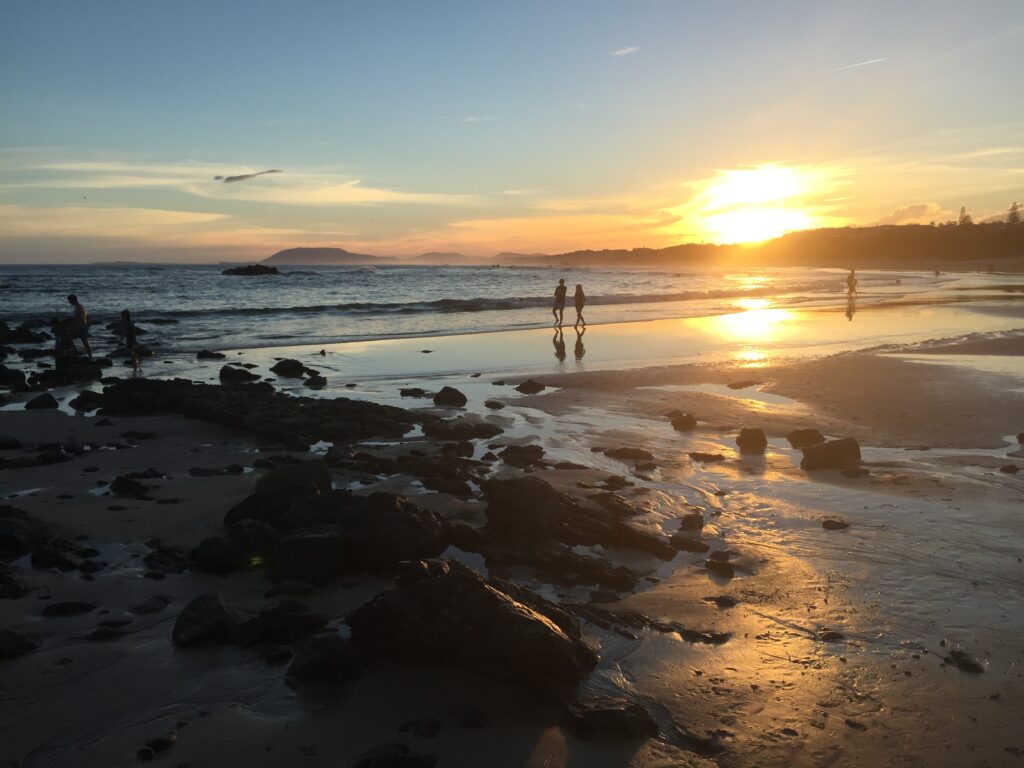A reflection on Psalm 8 for Sunday, February 21, 2021 at Mosaic Baptist Church

O Lord, our Sovereign,
how majestic is your name in all the earth!
You have set your glory above the heavens.
Out of the mouths of babes and infants
you have founded a bulwark because of your foes,
to silence the enemy and the avenger.
When I look at your heavens, the work of your fingers,
the moon and the stars that you have established;
what are human beings that you are mindful of them,
mortals that you care for them?
Yet you have made them a little lower than God,
and crowned them with glory and honour.
You have given them dominion over the works of your hands;
you have put all things under their feet,
all sheep and oxen,
and also the beasts of the field,
the birds of the air, and the fish of the sea,
whatever passes along the paths of the seas.
O Lord, our Sovereign,
how majestic is your name in all the earth!
Psalm 8 (NRSVA)
The Psalms brim with the invitation to come before God in praise. Our psalm is but one example. There are many more. If one were to sit with this collection of poems and songs over a lifetime one would become adept at praising God.
This particular psalm is credited to David. Given the memorable account of his public and naked dance before God, we can assume that we are reading the work of a master praiser. These are the words of one who knows how to worship – and what this practice does to and for us.
Unsurprisingly, there is a distinct creation theme here. David, at one stage was a shepherd boy who spent long nights outside beyond the bustle of the city. Later as a warrior soldier he would have continued to sleep without the protection of a roof. David knew the outdoors.
Perhaps as a result of all this, the song before us is bookended with the wonder-filled addressing of YHWH: ‘O Lord, our Sovereign, how majestic is your name in all the earth!’ Later we see the songwriter pondering the ‘moon and the stars’.
Creation-marvelling, however, is not an end in itself for David. The breadth of the cosmos clearly makes the writer aware a nagging sense of insignificance.
Who does not relate? Many have known at least a momentary awareness of our minute stature upon gazing into the night sky?
Yet the writer is far from content with size comparison. The gap between mortals and creation makes him ponder another. It is expressed here as a question: ‘What are human beings that you are mindful of them, mortals that you care for them?’
The ultimate gap David meditates on is the one between God and people.
Just prior to this moment, David, has celebrated the humility of God and the power of praise. He does this by acknowledging God’s willingness to draw praise from the ‘mouths of babes and infants’. It seems that education and life-experience are not prerequisites for recognising the magnificence of God.
The humble God is most easily recognised by the humble.
These little ones sing God’s praise – and in doing so – silence the very enemies of God. Worship is a powerful force.
Of course, God is not simply a taker of worship. God is also a generous giver. God holds the natural authority of the one who made all things. Yet here YHWH shares this authority with ‘mortals’. In doing so we are made into image bearers of the universe-leading God. We too have authority. It is our ‘glory and honour’ to lead in our small part of creation.
Yes, by the grace and gift of God we who are so aware of our insignificance are only a ‘little lower’ than the God of the universe.
We do well to take all this seriously. David does. Here he pulls all these thoughts together in a single song. Perhaps we also do well to hold these thoughts as one. Here we are invited to notice creation calling us into humble praise of the God who made all things and still remembers us and generously shares with us stewardship over the earth.
It all adds up to our call to imitate here God’s natural authority over the universe.
My suspicion is that we will only ever use this gift well if we begin and end – as this psalm does – with our wholehearted expression of praise toward the God who is both perfectly humble and over everything :
O Lord, our Sovereign,
how majestic is your name in all the earth!
Conversation Starters:
When have you most strongly felt the awe of God in creation?
Why do you think God is seen as drawing out the praise of the childlike in this psalm?
How do you express the authority over the earth given by God to you? How does praise of God enable us to steward the earth more responsibly?